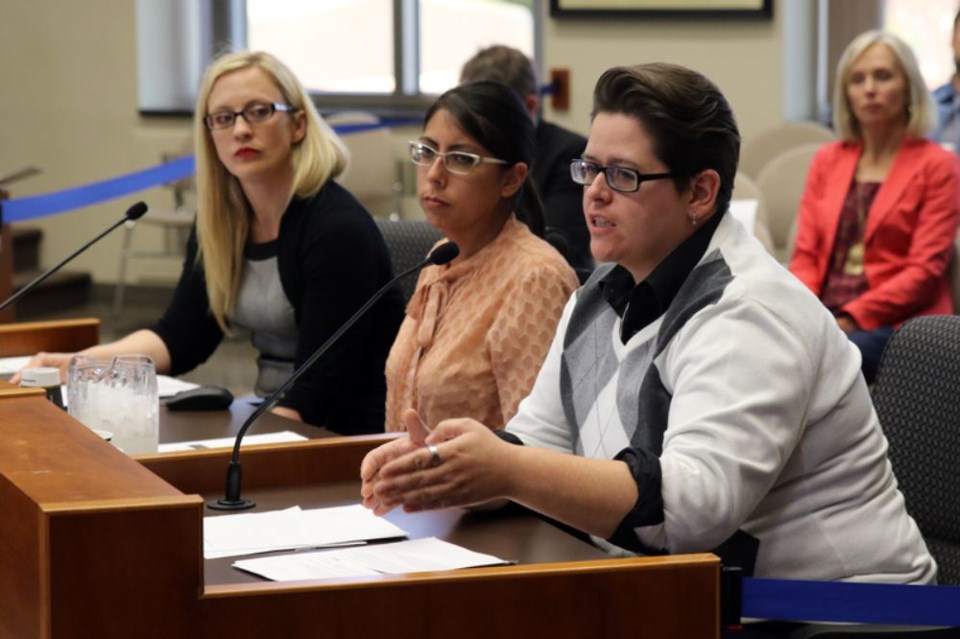THUNDER BAY -- Young people have questions about racism but they don’t feel comfortable broaching the topic with the adults they know.
Organizers of a Unity Project forum for high school students on Apr. 4 presented the results of the day’s breakout sessions to City Council on Monday.
After sessions about Canadian history, treaties, privilege and anti-racist initiatives, all adults left the students alone to brainstorm thoughts on learning about racism and how best to confront the issue in their day-to-day lives.
The response was a sense of mistrust and discomfort both at home and at school. Organizers agreed the youths hungered for a forum to discuss racism but were put off by their parents’ “old school” views.
“They often felt their older influences were harbouring racist ideas of their own or at best, ignoring the issue entirely,” said Stephanie Reid.
“Instead of perpetuating racist ideas, they (parents) didn’t address racism at all.”
Their reaction to approaching adults at school was more forgiving but still reserved.
“They mentioned they had teachers in their school who were open minded that they could talk to but they also had teachers in their schools and guidance counselors who were very closed-minded or didn’t want to do any extra paperwork,” said Precious Anderson.
“They need to have certain people who are trained to handle those conversations available to them at all times in their schools.”
Peer pressure remains a barrier when it comes to confronting racism in schools. Fear of being labeled a “snitch” for notifying an adult of racist language or bullying is widespread. Anderson said some suggested an anonymous means of reporting the behaviour.
“I didn’t get that students were looking to punish anybody,” she said.
“They were looking to make sure the problem was exposed and they want to see it addressed. That doesn’t necessarily mean pointing out the person who has done wrong but let’s find a way to ensure it doesn’t happen, moving forward.”
Conversely, students expressed a fear of being ostracized and labeled as racist when they’re trying to outgrow their ignorance and work through unlearning stereotypes.
“They want a safe place to be able to ask questions and they felt that by asking questions, they didn’t want to be accused of being racist,” said Tricia Murdoch.
“They were curious and inquisitive. However, they need that safe place to answer some of the questions they have. There’s definitely a hunger for that knowledge and they need a place to get that.”
